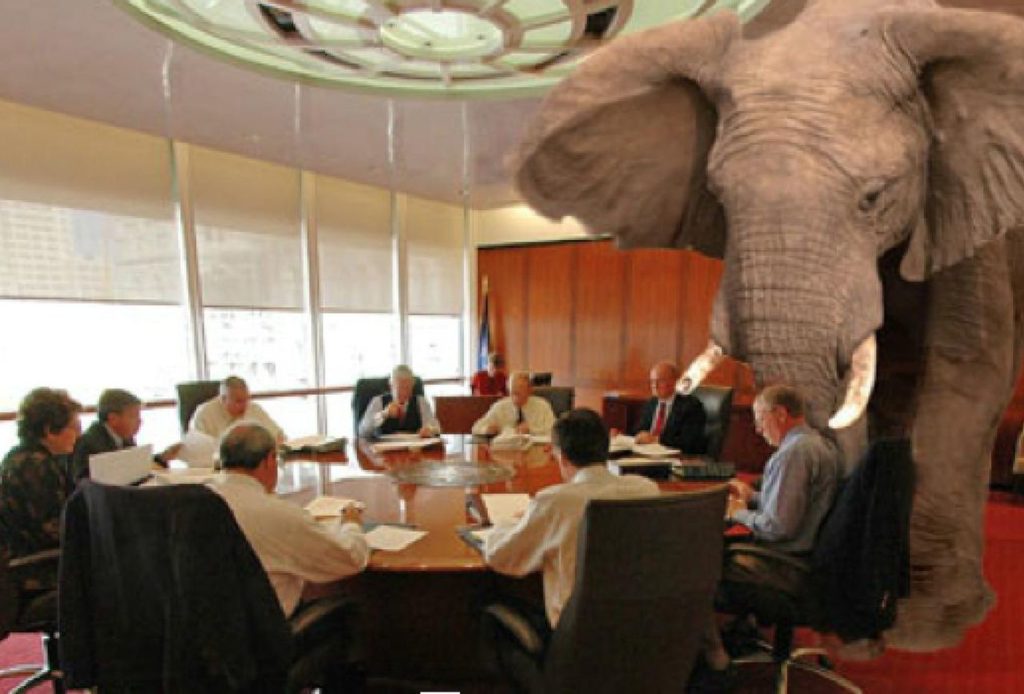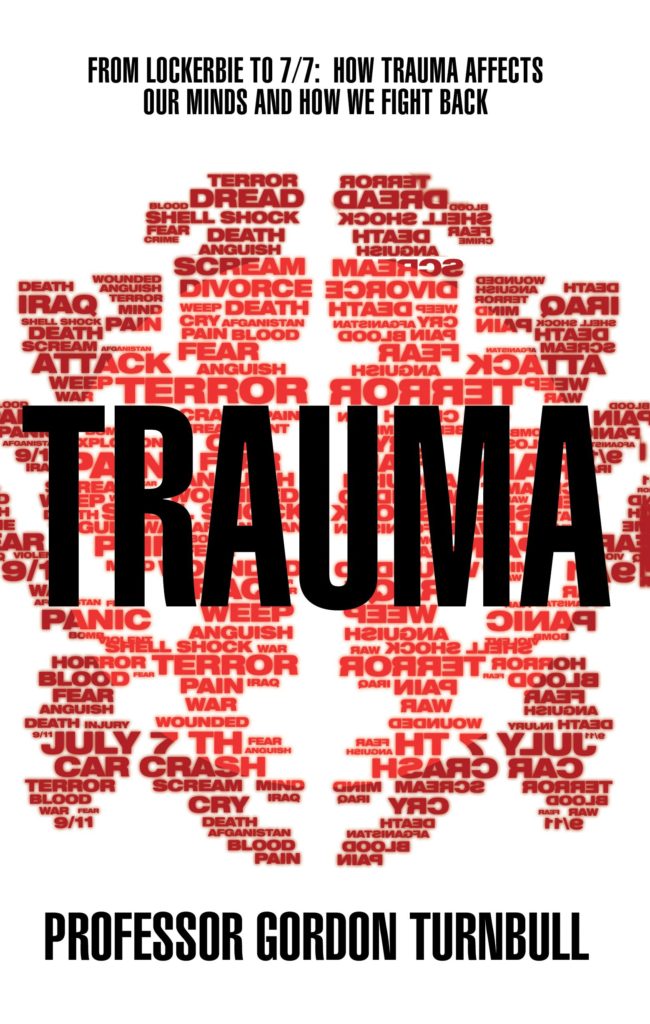
Every so often, thanks to the Internet, I come across a discipline or subset of a discipline which is entirely new. This was certainly true when I first encountered the DARVO phenomenon. Today I want to introduce my readers to another new area of discourse, one which has a slightly longer history. It is called Impression Management (IM). This is a study of the way that individuals and organisations project themselves, particularly when confronted with a crisis or threat. How should they respond, especially when the crisis challenges their very existence? In exploring this issue, we have especially in mind the way that revelations of past wrong-doing are handled by church organisations. Every organisation that is answerable to the general public may need to face these kinds of challenge from time to time. Public image and reputation will always be a precious commodity for any firm, commercial organisation or religious body. The tainting of OXFAM and other aid organisations with abuse scandals in recent years, has seen their public image and reputation damaged. Such attacks on the integrity of these organisations will have a negative effect in terms of the donations and contributions they receive, and which form a large part of their income.
This discussion on impression management owes much to the doctoral studies of an American Christian scholar, Wade Mullen. He has sought to apply the principles of this sub-discipline to evangelical church bodies in the States. He has allowed his total thesis to be published on the net. I am not proposing to summarise all his findings. Rather I wish to utilise this central tool of his analysis, IM, to question, as he does, on how a church should react when faced by abuse scandals. These severely call into question a church’s integrity and are a stumbling block for the faith of many of its members. Whether in the Catholic church or in the Southern Baptist network in the States, the way scandals are handled will determine whether churches can successfully pick themselves up after a crisis of this kind. The damage that such scandals cause to church bodies is a very serious matter. We still do not know what will be the results of the many evils committed within churches over recent decades.
The origins of the theory of impression management go back to a book published in 1959 by Erving Goffman entitled The Presentation of Self in Everyday Life. In this book Goffman used the metaphor of an actor on the stage. He/she influences the audience by using a variety of communication techniques to win them over. What an actor does on stage is not a clear-cut lie, but neither is it the truth about his real off-stage character. The audience is persuaded (manipulated) to see reality as the actor defines it. Words are used, emotions are displayed to draw the audience into the actor’s world. The methods of Organisational Impression Management (OIM) all link back to the basic notion that members of an audience can be persuaded by techniques and words such as those deployed by an actor on the stage. Those involved in public relations for a company are a bit like teams of actors who work to sustain the corporate image desired by those in charge, even when a crisis is breaking.
Companies and organisations are often forced to negotiate crises and threats to their reputation because of mistakes, incompetence or sheer malevolence. Amid the huge literature on the way organisations cope with crises, there is one article from 1999, quoted by Mullen, that I found particularly helpful. With the off-putting title of ‘A Taxonomy of Organizational Impression Management Tactics’, Mohamed and others, the authors, describe the tactics that organisations use to defend their interests. The article authors employ a series of eight words, memorably all beginning with the letter B to describe the process. Four of these B words describe methods which relate to ‘assertive tactics’ while the remaining four relate to methods of defence.
The assertive tactics used by an organisation to defend its reputation, are, as one might imagine, not necessarily very pleasant or even always completely honest. The ‘B’ words that appear in this category are respectively boasting, blaring, burnishing and blasting. Behind these words we catch a glimpse of the techniques of intimidation, bribery, false claims and a general flirtation with the edges of truth on behalf of the organisation. The claims of success which may be made relate probably more to propagandist-type thinking than to reality. Assertion through sheer bluster (a 5th B word!) is combined with the claim that the organisation is always successful, effective and competent.
The defensive tactics of Organisation Impression Management are summed up in four additional words: burying, blurring, boosting and belittling. The two words which sum up all these ideas are justification and excuse. Justification is a word that implies that full responsibility for the threat can be, in some way, partly or completely avoided. Even when an organisation is forced to admit that their procedures have failed and that fault is admitted, the apology offered often comes with an expectation that all will be quickly forgotten and that the good name of the institution will be quickly restored.
The IM/OIM literature is extensive and even Wade Mullen’s summaries are beyond what we can share in this short post. Enough space remains for us to consider the outlines of what might be a Christian approach to impression management. Mullen’s thesis contains a consideration of several biblical episodes. The characters recorded in them are seen to use typical IM techniques, such as avoidance, excuse or ingratiation as ways putting things right with others. One example of extensive IM by an individual is in the story of Saul and his interaction with Samuel (1 Samuel 15). Whatever we think of the command of God to kill the Amalekites in this chapter, Saul was full of excuses in explaining his failure to obey God’s direct command. Mullen notes six IM strategies being employed by Saul to avoid admitting that he had disobeyed. In contrast we have the surprising and instant confession of sin by David when confronted by Nathan over David’s adultery and murder of Uriah. It is interesting to note that David’s passion to punish the man in Nathan’s story who had eaten the poor man’s lamb had been stirred.
Prevarication, truth avoidance and excuses seem to mark the way many individuals in the Bible used impression management as they do today. While it is natural to wish to present an organisation or an individual in the best possible light after a mishap or failure, there is always the temptation to retreat into fantasy or even dishonesty as a way of making a problem somehow go away. Impression management is a good description of what is going on in the Church today as it seeks to do two things in English society. It wants to convince others that it has Good News while at the same time it wants to be seen as an organisation that supremely values truth, transparency and love. Somehow the dishonesty that currently afflicts the Church of England at the highest level, in its failures to be open about its past (Smyth, Whitsey and the revelations of IICSA), is a stumbling block. It is hard for these Christian values to shine clearly. IM with its undertones of propaganda afflicts the Church at present. We all want to be part of a Church where we encounter not impression management but reality and honesty. We serve a God who demands from us openness as we pray that in him ‘all hearts are open …. and from whom no secrets are hid’. The truths of impression management don’t quite measure up to this standard.








